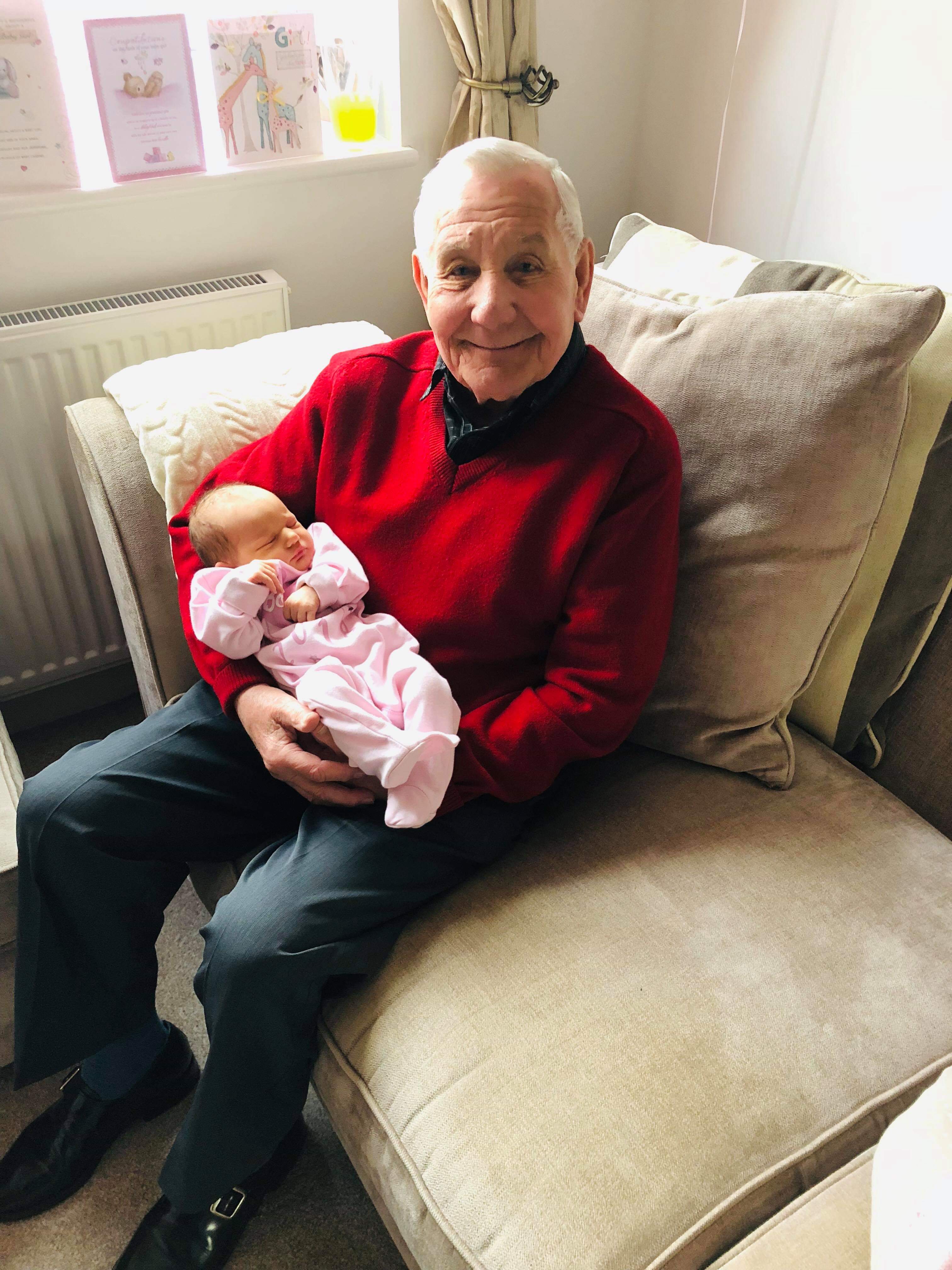England’s Health Ombudsman has warned of concerns about the diagnosis and care of stroke patients after the number of its investigations rose by two-thirds.
The Ombudsman is urging clinicians to act quickly when they suspect a stroke, even if the patient presents with atypical symptoms. It is also important that clinicians involved in a patient’s care work together and communicate well to provide joined-up treatment.
Between 1 April 2021 and 31 March 2025, the Parliamentary and Health Service Ombudsman (PHSO) saw a 25% rise in complaints and a 65% rise in the number of investigations related to strokes.
The Ombudsman has seen repeated failings in diagnosis, nursing care, communication, and treatment.
Rebecca Hilsenrath KC (Hon), Chief Executive Officer, Parliamentary and Health Service Ombudsman, said:
Over the past four years we have seen a significant rise in the number of complaints and investigations related to people who have suffered a stroke, including typical and atypical presentations. This is particularly concerning as early diagnosis is crucial in giving patients the best opportunity for successful treatment and recovery.
“These investigations all represent instances where organisations involved have not identified a failing. It is important that the NHS operates in a learning culture and that when things go wrong clinicians recognise what has happened and put it right for those involved, as well as improve care and treatment for future patients.”
PHSO recently carried out an investigation following the death of 86-year-old George Fawcett. His family complained to the Ombudsman after previously raising their concerns about George’s treatment with the University Hospital of North Durham and being unhappy with their response.
The great-grandfather-of-two from Spennymoor, County Durham died after suffering a spinal stroke which was not diagnosed for nine days. The Ombudsman found that with an earlier diagnosis he might have lived longer, potentially giving him and his family a few additional days together.

George, a former ambulance driver in the RAF, was admitted to the University Hospital of North Durham in May 2021. He was having chest pain, weakness in his legs and arms, and there had been a rapid decline in his mobility leading to paralysis.
An MRI was ordered but he was not immediately referred to the neurology department as he should have been. Then, after his scans were reviewed, he was wrongly referred to the orthopaedics department.
The orthopaedics team sent George back to neurology where doctors suspected he might have had a spinal stroke.
Doctors should have referred him to a stroke unit within 24 hours but he was not seen by a stroke consultant until four days later.
It was another three days before he was moved to a specialist unit at another hospital run by a different Trust. Clinicians there diagnosed him with a spinal stroke.
George died two days later. His cause of death was heart failure and a heart attack, the secondary cause was a spinal stroke.
While the Ombudsman found George’s death to be unavoidable, they concluded there were serious failings and his care fell below the standard expected.
The PHSO investigation concluded that his stroke should have been diagnosed earlier than it was. Had this happened, he would have been moved to a specialist stroke centre earlier
The Ombudsman also found that George was denied a dignified death as he developed pressure sores that weren’t treated properly at the University Hospital of North Durham.
PHSO recommended that the hospital Trust create an action plan to prevent this happening again and also apologise to George’s family and pay them a financial remedy. The Trust has agreed to comply.
George’s family initially complained to PHSO about other aspects of his care and were unaware until the Ombudsman began its investigation that he had suffered a stroke as early as he did and that doctors had failed to identify it.
George’s daughter, Sandra Todd, said:
The care my dad received was nowhere near the level it should have been and felt very fractured. We were raising concerns with the hospital all the time but no one would listen to us. That’s why we approached the Ombudsman, so that there could be an independent investigation into what happened and that’s how we finally learned the truth.
“My dad had some underlying health problems and had had a stroke 14 years earlier, but before he went to hospital he was independent, mobile, playing bowls several times a week, going shopping independently, and seeing his friends.
“But the doctors at the hospital just seemed to dismiss him as an old man with mobility problems. They didn’t see what was really happening. Given his history of having a stroke before and his symptoms at the time, it was devastating to find out that they completely missed the signs.
“We complained to the Ombudsman so that we could get justice for George and prevent this from happening again. We hope something positive will come from what the Ombudsman has found so that others don’t have to go through the same experience.”
